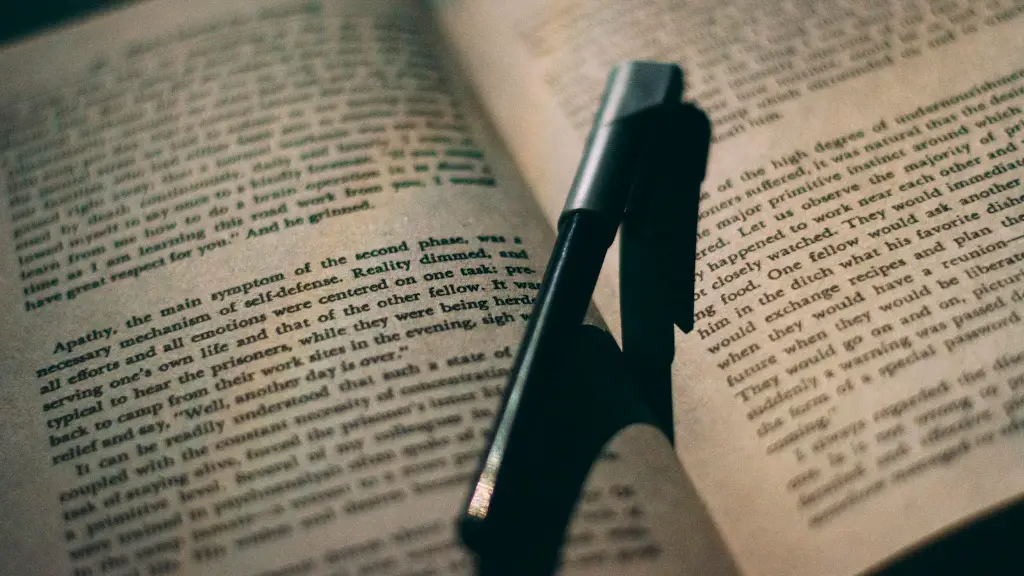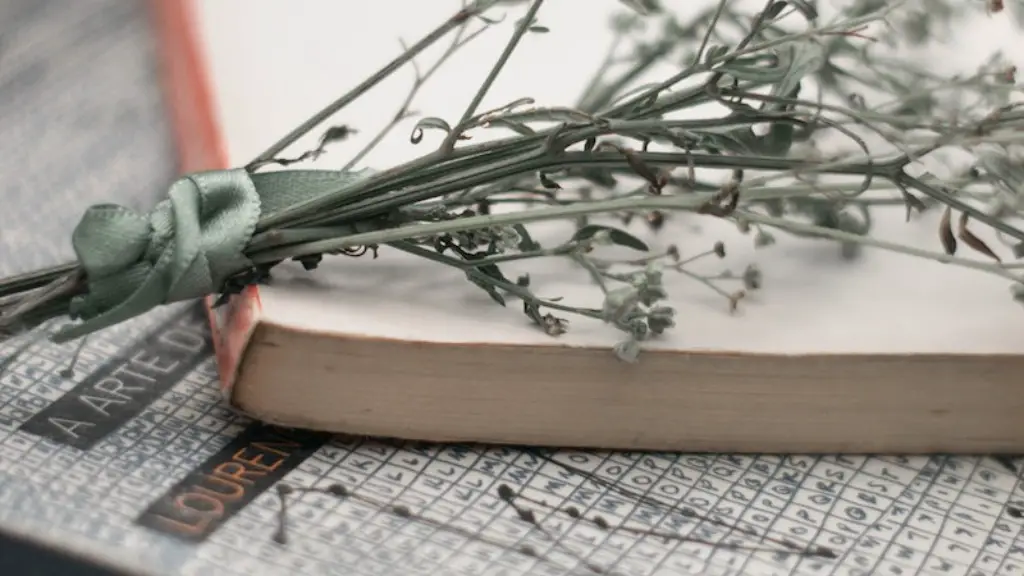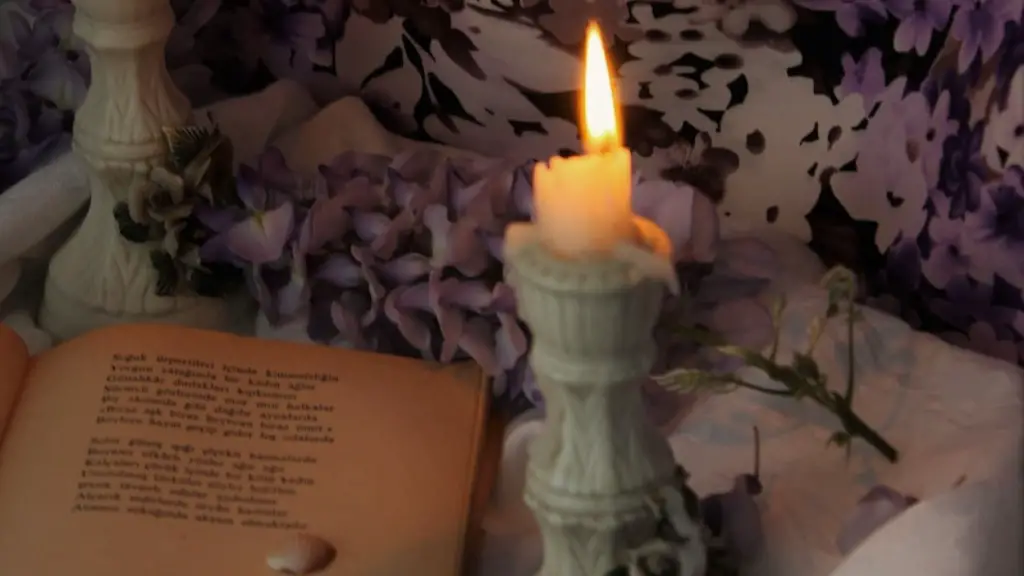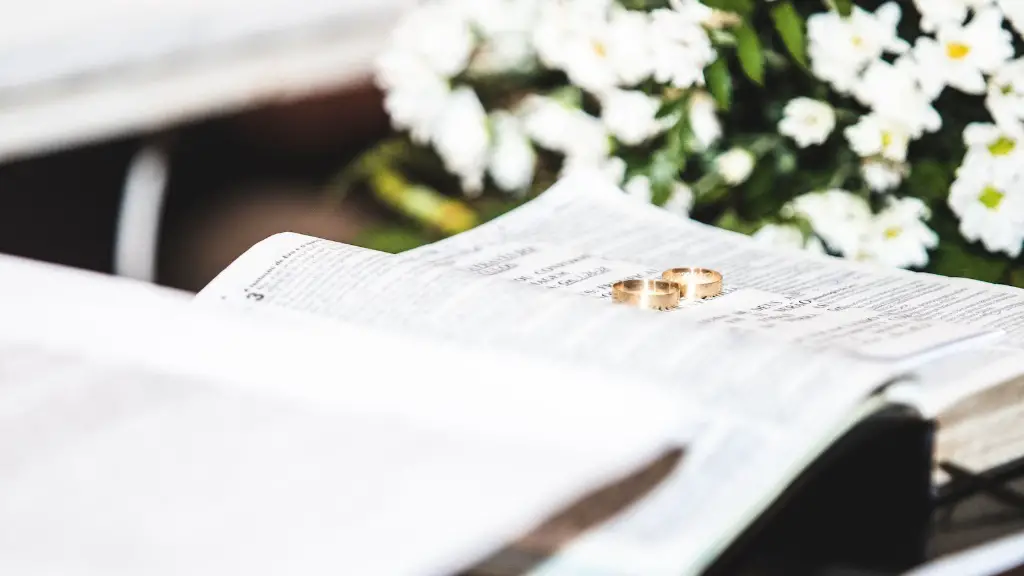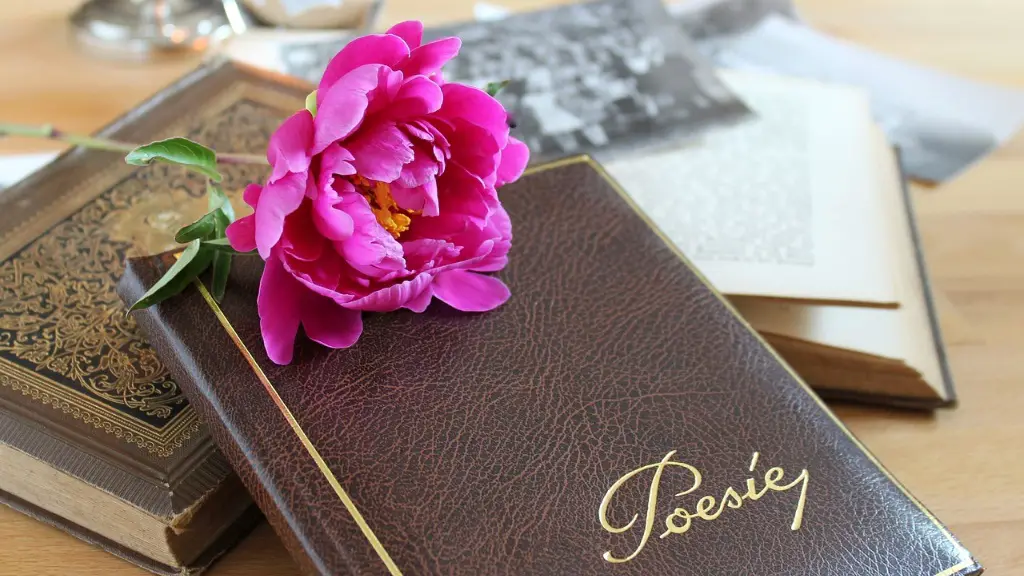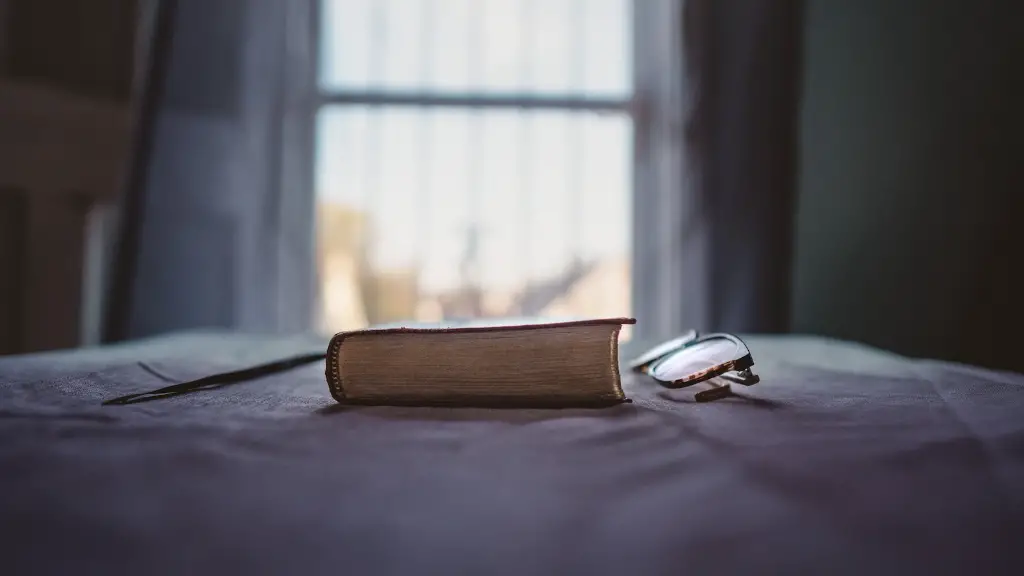Copyrighting Poetry
Writing poetry is not only an art form, it is also an expression of creativity, an avenue through which authors can express themselves, their hopes and their dreams. As such, it’s important to recognize the authorship of a poem and protect their ability to benefit from its use. Copyrighting poetry is not only important for the authors of the work, but also for those who wish to share and discuss the work. Copyrighting a poem can protect the right of the author to be identified as the author, to be compensated for the work, and to reproduce and distribute the work.
According to copyright law, any original works of authorship, including poetry, are addressed by the United States Copyright Office and are automatically protected upon creation. The copyright of a poem is automatically transferred to the author, and no registration of the copyright is needed in order for it to be enforced. However, registration makes it much easier for the author to prove authorship, protect the copyright, and to be able to pursue legal action in situations where the copyright is violated.
Registering the copyright of a poem with the United States Copyright Office is relatively easy, and can be done either online or via post or fax. It requires the author to provide a valid copyright application, a nonrefundable filing fee, and a nonreturnable deposit, which can include a photocopy of the poem. The copyright application must have information regarding the author of the work, title of the work, year in which the work was published, and a brief description of the work. The application also needs to include a statement by the author stating that they are the original author of the work, and an electronic file of the work.
It’s also important to note that there are certain steps authors can take to protect the copyright of their work, including including a copyright notice on their work. This notification is a statement that the work is copyrighted, and identifies the year the work was published, the name of the author, and a statement that the poem is protected by copyright. This statement essentially serves as a warning to potential infringers that the poem is protected by copyright.
Another option that authors have is to use Creative Commons licenses. These are licenses that offer an alternative to full copyright protection, and give authors the ability to modify the copyright license to what best suits their needs. Creative Commons licenses range from “all rights reserved” to “some rights reserved”, depending on how willing an author is to allow others to use their work. These licenses can be used to limit the use of a poem, or make it easier for others to use the work, depending on the needs of the author.
It’s also important to note that while copyright protects the original expression of an author’s ideas, it does not protect the ideas themselves. This is because ideas are not protected by copyright law and anyone can use them without permission. So, while copyrighting a poem may protect the author’s expression of the idea, it will not prevent someone else from using the underlying ideas.
Avoiding Plagiarism
One of the key reasons for copyrighting poetry is to protect against plagiarism. Plagiarism is defined as the act of taking someone else’s work and passing it off as one’s own. This can range from consciously copying someone else’s work to simply using a similar form or style. In either case, plagiarism is a serious offense and can have serious consequences for both the perpetrator and the victim.
To avoid plagiarism, it’s important that authors recognize even their most basic ideas, let alone their words, as potentially original and copyrightable. Authors should be aware that even the smallest common phrase may have been used before and could be interpreted as plagiarism. To help prevent this, authors should keep track of any phrases that they have used, and document them in some way.
It’s also important to avoid using ideas that are similar to those of another author. It’s not uncommon for authors to be inspired by other authors, but it is important that they credit the original author in their work, and take care to differentiate their work from that of the original author. This includes writing in a different style or phrasing one’s ideas differently. It’s also important to remember that ideas are not protectable under copyright law, so authors should avoid simply copying another author’s ideas or original expression.
Finally, authors should be aware of the fact that it can be difficult to prove plagiarism, so they must be vigilant in protecting their work. This includes not only registering the copyright of the poem, but also providing proof that the author is the original author, such as a printout of the original poem or a dated letter from the author.
Rights of a Copyright Holder
Once a poem is registered with the United States Copyright Office, the author of the poem has certain rights as a copyright holder. These include the exclusive right to reproduce, adapt, or distribute the work, as well as the exclusive right to make and sell derivative works, to publicly perform or display the work, and to authorize others to do the same.
It’s important to remember that authors have the exclusive rights to determine who can and cannot use their work, and to set the conditions of use. This means that authors can negotiate a fee with anyone who wishes to use the work, and have the right to decline any request. This is an important right that authors should not overlook, as it can have a significant impact on their pocketbook.
Once the copyright of a poem is registered with the United States Copyright Office, authors have the ability to take legal action against anyone who violates the copyright of their work. This means that authors can pursue criminal penalties or financial damages against those who are found guilty of copyright infringement. This is an important right for authors, as it can help protect their work from unscrupulous individuals or companies.
In addition to these rights, authors also have the right to publicly display or perform the poem, as well as to authorize others to do the same. This includes the right to license the poem to theatrical groups, performance groups, or film companies. This is an important right, as it gives authors an additional opportunity to make money from their work.
While copyrighting poetry is a relatively straightforward process, it’s important to be aware that there are some potential pitfalls. One of the key issues is the potential for the author to end up in a legal battle if they pursue a copyright infringement case. This is because copyright law is complex, and navigating the legalities of a copyright infringement case can be difficult and costly.
Another potential issue is the potential for disagreement between the author and the person or persons infringing on the copyright. This can be a difficult situation for the author, as the burden of proof is on them to prove authorship of the work and that the other party was in the wrong. This can be a difficult and potentially costly process, so it’s important that authors be prepared and aware of their legal rights.
It’s also important to remember that while copyright provides the author with certain rights and privileges, it also limits the author’s ability to use the work. Copyright law limits the duration of copyright to the life of the author plus seventy years. This means that after a certain period of time, the work will enter the public domain and anyone will be able to use it without permission.
Lastly, it’s important to remember that copyright law is constantly evolving, and authors should stay informed of the latest developments. This includes doing the necessary research to make sure their rights are protected, staying abreast of changes in copyright law, and understanding the implications of copyright law on their rights as authors.
Protecting Creative Works
Writing poetry can be a rewarding and fulfilling experience, and it’s important that authors take the necessary steps to protect their work. Copyrighting poetry is an important step that authors can take to ensure that they are compensated for their work, and to protect their rights as authors. It’s important to remember that copyright law is complex and ever-changing, but taking the necessary steps to register the copyright of the poem can help protect the author’s rights.
In addition to registering the poem with the United States Copyright Office, it’s important to be aware of potential legal pitfalls, including taking the necessary steps to prove authorship. Authors should also take care to crediting the original author if they are referencing their ideas and be aware of the potential for plagiarism. And finally, authors should be aware of the limits of copyright law, such as the duration of the copyright, and be aware of their rights as copyright holders.
By taking the necessary steps to protect one’s work, authors can rest assured knowing that their work is protected and that they can benefit from its use. Copyrighting a poem is an important step in ensuring that authors are adequately compensated for their work and that their right to the work is protected.
Reverting Copyright to the Author
In some cases, copyright may be transferred from the author to a third party, such as a publisher, or it may be given away in a will or another legal document. In this case, the copyright may be reverted back to the author, or to the author’s heirs. This is done by filing a “notice of termination” with the United States Copyright Office, which informs the copyright office of the transfer or reverter.
When filing a notice of termination, it is important to include the necessary evidence that the copyright has been reverted, such as a copy of the transfer or reverter document, as well as any other evidence that is pertinent. It is also important to ensure that the notice is properly prepared and that the correct legal language is used. This can be done either by an experienced attorney, or by using an online form.
Once the notice of termination is filed, the U.S. Copyright Office will review the request. Once the request is approved, the author or their heirs will again have the rights to the work, including the right to benefit financially from its use. This can be a beneficial option for authors who have had their rights to their work taken away, and can help protect their work for future generations.
Conclusion
Copyrighting poetry is an important step for authors to take to ensure that their rights to the work are protected and that they are adequately compensated for the work. Copyright law is complex and ever-changing, but taking the necessary steps to register the copyright of the poem can help protect the author’s rights. Authors should also be aware of their rights as copyright holders and of the duration of the copyright, as well as the potential legal pitfalls of copyrighting a work.
By taking the necessary steps to protect their work, authors can ensure that their work is protected and that they can benefit from its use. Copyrighting a poem is an important step in ensuring that authors are adequately compensated for their work and that their right to the work is protected.
